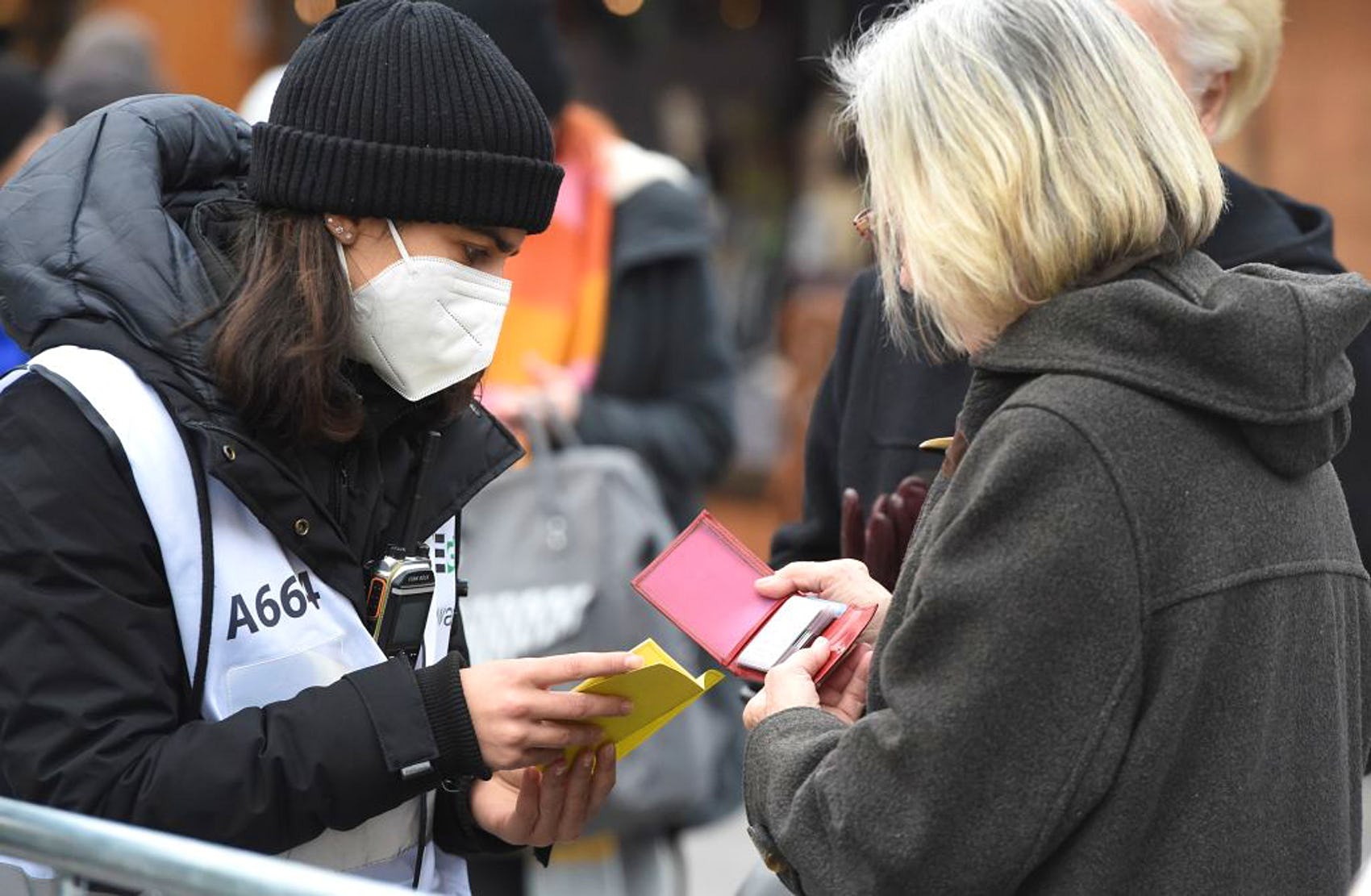What is happening in Europe? A partial blockade in the Netherlands, a complete blockade of unvaccinated people in Austria, and the tightening of rules for issuing medical passes in France, Germany and Norway in recent days. Is this a sign of upcoming events for Christmas trips?
A new wave of infections caused by the COVID-19 virus has forced many countries to reintroduce restrictions as the World Health Organization warns that the region is once again at the “epicenter” of the pandemic. Part of the problem is the weakening of immunization, the weakening or incomplete introduction of restrictions, and lowering the temperature that forces people to stay indoors, but this wave may also be related to relatively low vaccination rates in countries where the incidence has risen sharply in recent weeks.
If you are planning a trip to Europe this winter, here are some points to keep in mind due to the recent restrictions on COVID-19 and how they may affect your plans.
Which countries are reintroducing restrictions?
Short answer: a lot. If you go to Europe on vacation, expect that the situation will be very different from what it was in the summer. From Austria to Belgium, from Croatia to Denmark, restrictions reappear almost as quickly as they are lifted. Most of them concern unvaccinated people, but some affect the entire population. For example, the Netherlands introduced a partial blockade, which forced establishments such as restaurants and bars to close at 7 p.m.
Austria has taken the toughest stance, placing unvaccinated people in solitary confinement after a record increase in the number of cases. According to Reuters, this country has the lowest vaccination rate in Europe: only 65% of the population is fully vaccinated against COVID-19. Germany is not far behind – 67% of the population is fully vaccinated. Not surprisingly, due to the growing incidence in this country, a similar blockade measure will be introduced within a few days.
Although the situation is worrying, no country has hinted at a return to last winter, when full detention facilities were introduced across the continent, so don’t expect anything too radical yet. The United Kingdom, which has the highest number of cases in Europe, has not imposed any restrictions on COVID-19, which were postponed in the summer.
Can I still travel to Europe?
If you follow the vaccination schedule, ie do the second or even the third vaccination, then you will be fine. Unvaccinated travelers usually face additional restrictions wherever they go, but they vary from place to place. Within the EU, unvaccinated people traveling between countries will be subject to some testing requirements in the coming weeks, as the EU and the Schengen area have expanded the list of countries considered to be at high risk to take into account the current situation.
Unvaccinated travelers from outside the EU face stricter restrictions, such as quarantine or travel bans, depending on where they are going and where they are going. In Italy, for example, unvaccinated Americans must isolate themselves upon arrival and are barred from traveling to the Netherlands.
Do I need to present a vaccination certificate in Europe?
In general, yes. Most countries will ask for a vaccination certificate at the border to avoid quarantine and testing requirements. But with the advent of new waves of COVID-19, countries are increasingly requiring proof of vaccination to gain access to services.
Greece, Italy, Denmark, France, Croatia, Austria, Germany, Norway and Belgium are just some of the countries that have tightened or expanded the rules on medical passes as the incidence increases, requiring people to provide evidence of vaccination or recovery, or in some cases, a recent negative COVID-19 test for visits to most hotels, recreation and entertainment venues, and some government services.

Do the new restrictions affect ski resorts
Restrictions vary, but at most resorts you can expect to wear masks, limit the capacity of lifts and indoor spaces, as well as social distance activities. Most likely, you will need confirmation that you have been fully vaccinated, recovered from COVID-19, or recently passed a negative test.
Are the big events going on?
People who travel during the holidays may be looking forward to seasonal events such as Christmas markets, concerts, New Year’s parties and holidays. But it is fair to expect some cancellations. In Germany, some Christmas markets have already closed, but the abolition has not yet become widespread. At least when attending large events, health and safety measures, early closure or capacity constraints are expected to be strengthened. But as governments try to stop the growing wave of cases, it is likely that new disruptions will be on the horizon.

